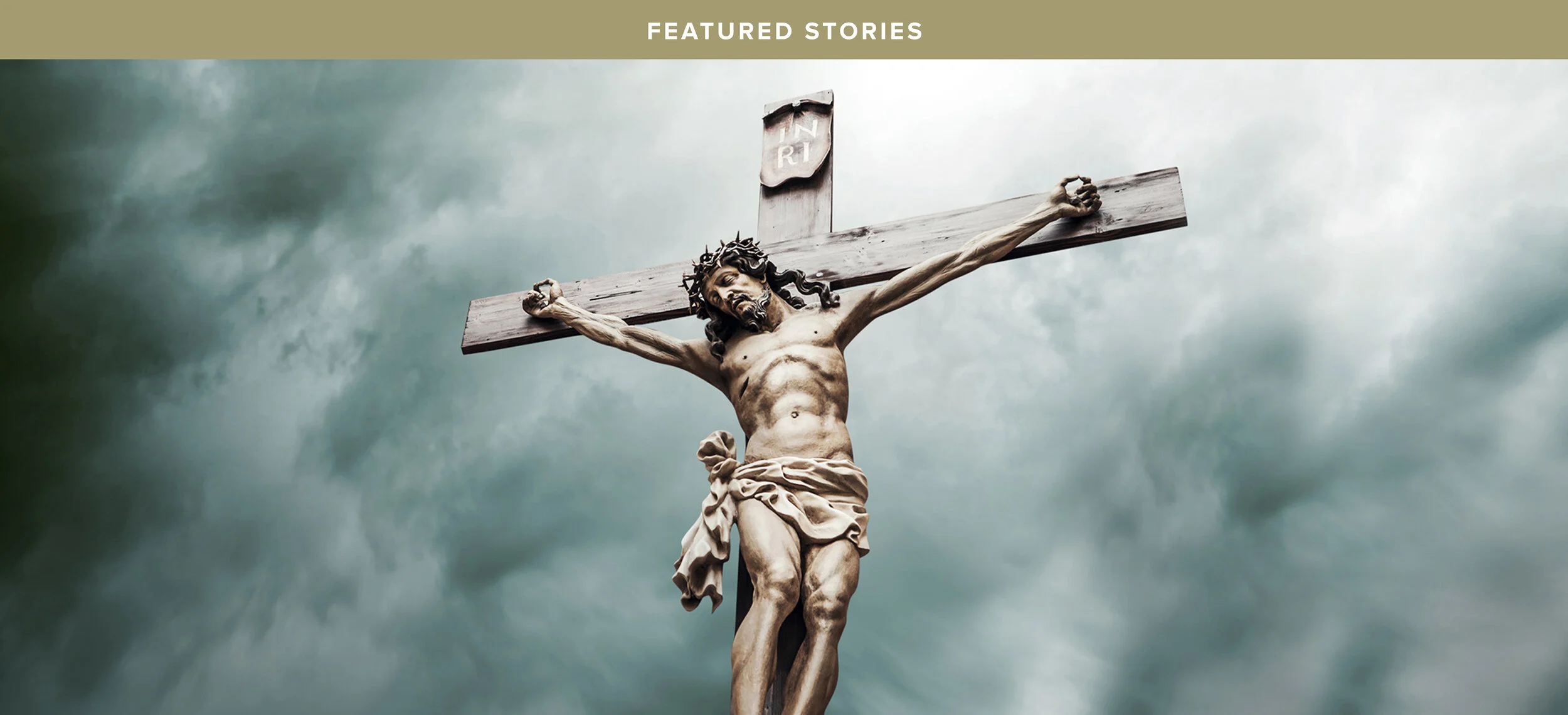John 6:53–57 with St. Cyril of Alexandria
“Truly, truly, I say to you, unless you eat the flesh of the Son of Man and drink his blood, you have no life in you. Whoever feeds on my flesh and drinks my blood has eternal life, and I will raise him up on the last day. For my flesh is true food, and my blood is true drink. Whoever feeds on my flesh and drinks my blood abides in me, and I in him. As the living Father sent me, and I live because of the Father, so whoever feeds on me, he also will live because of me.”
The Fathers of the Church bear powerful witness to early Christian belief in Christ’s Real Presence in the Eucharist. Perhaps less often appreciated is their rich teaching about why Jesus would give himself to us in this way. In his commentary on this passage, St. Cyril of Alexandria largely takes the fact of Christ’s Real Presence for granted. He focuses instead on our reception of the gift of divine life through the Eucharist. This gift turns on the mystery of the Incarnation, the mystery of God becoming man in Jesus Christ. Cyril explains that, since he is the divine Word, Jesus is “life by nature, inasmuch as he was begotten of the living Father. And his holy body too is no less life-giving, since it is in some way brought together and ineffably united with the Word who gives life to all.” Because Christ’s flesh is perfectly united to his divinity, “when we taste of it” in the Eucharist, “then we have life in ourselves, since we too are united to that flesh just as it is united to the Word who indwells it.”
Cyril is also anxious to guard against a possible misunderstanding of the last sentence of this passage, which could be taken to mean that the Son receives life from the Father in the same way as we do, that is, by grace rather than by nature. There are several good reasons why this question is important. Let us consider just one. Cyril points out that Jesus says that he is “the life” (Jn. 11:25). The “life” we receive from Jesus in the Holy Eucharist, then, is the very life that he is by nature as the Father’s only-begotten. This means, in turn, that our share in the eternal Father’s life is not given to us at one remove. As the “one mediator between God and men” (1 Tim. 2:5), Jesus does not stand between us and the Father as a barrier as well as a bridge. Rather, he mediates by sharing with us his very own relationship of eternal life and love with the Father. That relationship is his by nature, ours by participation through the grace of adoption. But it is the very same relationship. And we receive it, astonishingly, under the form of bread and wine. 26







